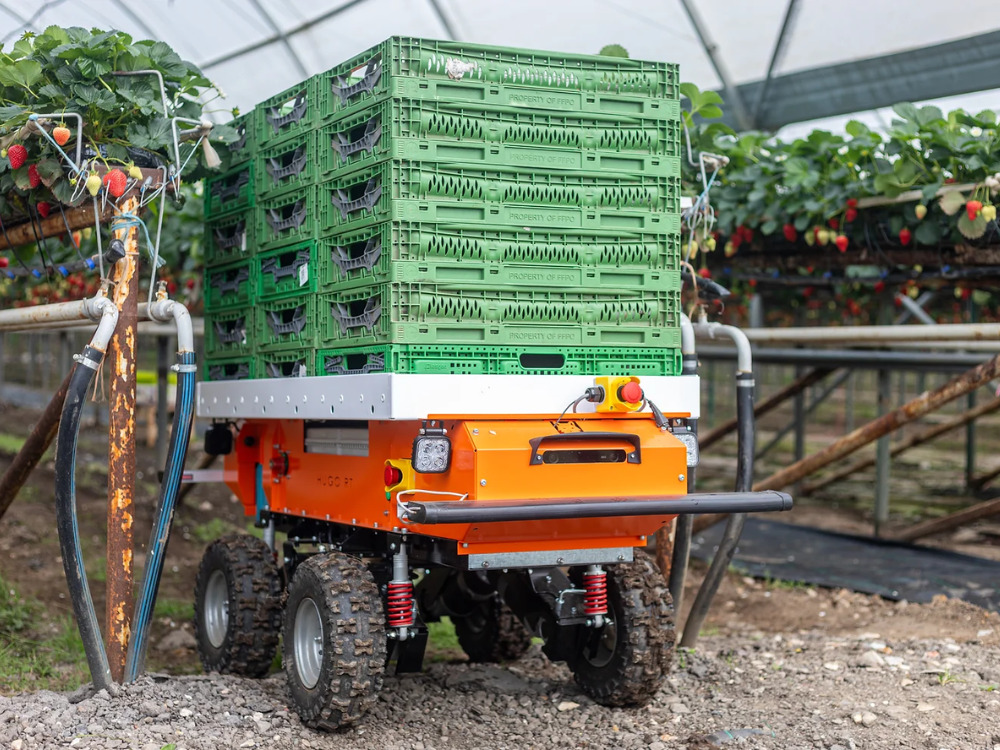Across the plant-based foods industry, visionary companies are rapidly evolving innovative ways to integrate sustainable practices that promote biodiversity, nutrition access, and soil health. And with the fragility of the global supply network laid bare by the ongoing pandemic, there’s never been a more opportune moment for this cutting-edge and forward-thinking industry to explore the wide range of benefits that domestically sourcing ingredients has to offer.
The Plant Based Foods Institute’s Domestic Sourcing Initiative (DSI) encourages and empowers plant-based food companies to source ingredients grown domestically for direct human consumption. Many plant-based food companies use imported ingredients, relying on global supply networks vulnerable to significant disruptions and delays that can hinder company access to critically important materials and consumer access to their products. By sourcing key ingredients here in the United States, companies can build more resilient, sustainable networks to support long-term growth and stability for our farmers and supported industries.
The Domestic Sourcing Initiative connects plant based-food companies with domestic supply network partners (farmers, processors, ingredient suppliers and manufacturers), creating collaborative, future-facing opportunities for American farmers and rural communities. Through the DSI, our team also generates actionable business opportunities for small-to-mid-sized growers and processors of diverse and socially disadvantaged backgrounds, and maintains a commitment to learn alongside these communities at the heart of our food system.
And when it comes to domestic sourcing’s potential to generate sustainable solutions, look no further than plant-based snack brand Lupii’s innovative partnership with farming collective Timeless Seeds.
Third-generation Montana farmer David Oien co-founded Timeless Seeds with three other organic farmers in 1987, and since then, Timeless has built a tightly-knit community of family farmers across Montana that collectively grows, processes, and packages organic cereal grains, pulse crops, and edible seeds for distribution worldwide.
Lupii, a plant-based, sustainability-conscious snack food company, was looking for a US source of the lesser-known lupini bean, the hero ingredient in their products. Through the Domestic Sourcing Initiative, Lupii was connected with Timeless and Deakin Farm, where owner Michael Deakin and his team have been prioritizing organic, regenerative, soil-enriching agriculture practices through crop diversity. “As we get more of those [diverse] crops, especially legumes, they help us to put nitrogen back into the soil and maintain that soil health year over year,” said Michael.
An opportunity to explore a new legume came when Lupii approached Timeless Seeds with their unique request—and Deakin Farm rose to the occasion, adding lupini beans to their diverse crop rotation in an innovative trial program. “…we deeply care about providing high-quality plant-based protein and nutrition for our consumers, and part of that is the supply chain—where is this food even coming from, where is it grown, and who’s growing it for us?” said Isabelle Steichen, Co-Founder and CEO of Lupii. “We really want to connect those dots because we know that our consumers care about that.”
Together, Lupii, Timeless Seeds, and Deakin Farm are showcasing the power of domestic sourcing as a driver of sustainability and transparency, and as an opportunity for connection. “I love having that relationship with the end user, and being able to grow something that’s a quality, nutrient-dense product,” says Michael. “I think that as we have more opportunities to sell these products, that farmers around are going to continue to want to move in that direction and continue to diversify their crop rotations, which is going to be better for the consumer, the farmer, and the environment.”
“[At Timeless Seeds] we’ve got the best of both worlds,” adds David Oien. “As organic processors and as a company that deals both with these fantastic farmers who really care about what they grow and how they farm, and on the other hand are the brands that really care about quality products. It’s just a joy working at both ends and to be kind of that connection.”
Through their lupini bean trial program at Deakin Farm, Lupii aims to not only streamline their supply, but to fully realize the values on which their company was founded.
“We truly are looking to build a sustainable business,” said Isabelle. “And we believe that part of that is the supply chain and bringing it closer to home.”
For more information and domestic sourcing partnership stories, visit PBFI’s Domestic Sourcing Initiative website.
Source link
Author PBFA





